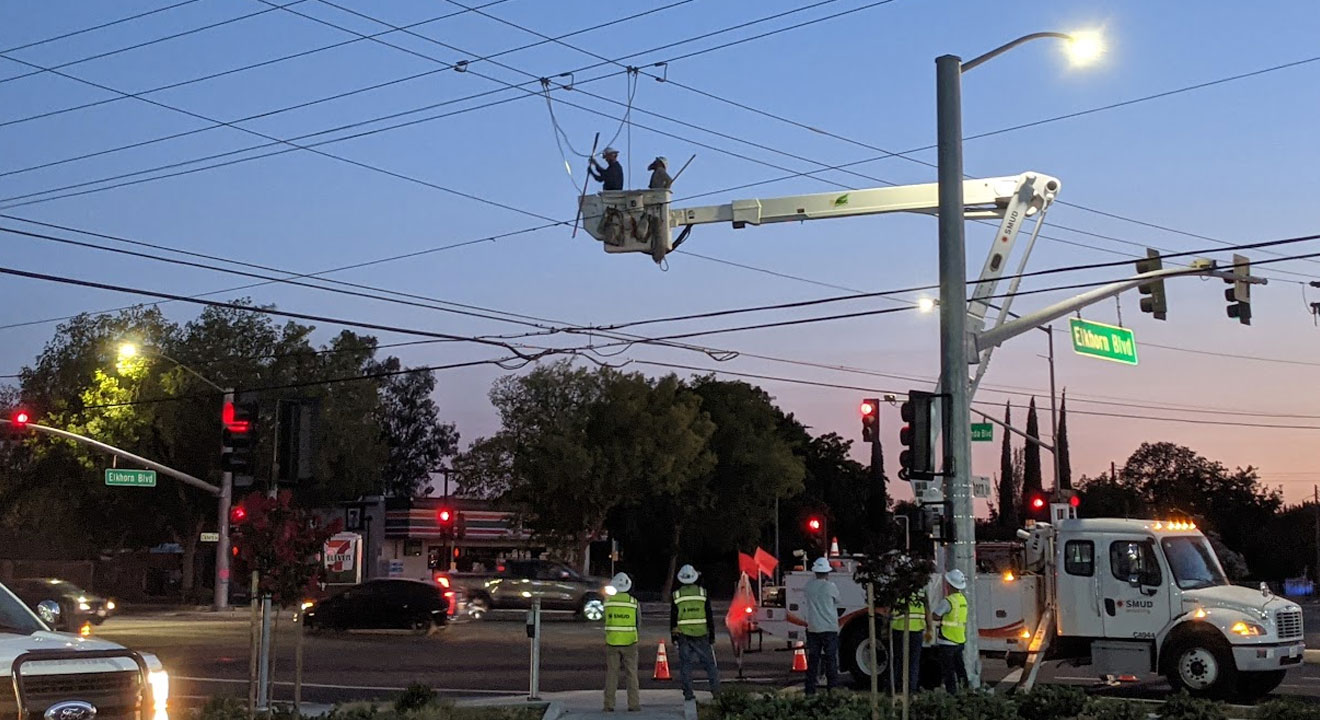The Sacramento County Board of Supervisors adopted today a resolution for a temporary moratorium on residential tenant evictions. The resolution goes into effect today, March 24, 2020. The resolution remains in effect for the remainder of the emergency.
The resolution, which needed only a majority vote, passed 4-1, with Supervisor Sue Frost voting against.
Current board Chairman Phil Serna said after the vote he would call for an immediate special meeting of the board on Wednesday to consider barring residential evictions stemming from COVID-19 measures as a regular ordinance. That would require only a simple majority, but also wouldn’t take effect until around May 1, he said.
Serna, who also introduced the urgency ordinance and resolution, said he saw the issue as one of public health. Letting evictions go forward could exposure vulnerable people to situations such as homelessness, making the spread of COVID-19 more difficult to slow, he said.
The resolution can be found here.
Who does the resolution apply to?
The resolution applies to all residential, but not commercial tenants, within the unincorporated County. The resolution states that no landlord shall evict a tenant for nonpayment of rent if the tenant demonstrates that the inability to pay rent is due to the state of emergency regarding COVID-19 or by following government-recommended COVID-19 precautions.
What is a “covered reason for delayed payment”?
According to the resolution, a “covered reason for delayed payment” means a tenant’s loss of income due to any of the following:
- A tenant who is/was sick with COVID-19 or caring for a household or family member who is/was sick with COVID-19
- A tenant experiencing/experienced a lay-off, loss of hours, or other income reduction resulting from COVID-19 or the state of emergency
- A tenant’s compliance with a recommendation from a government agency to stay home, self-quarantine, or avoid congregating with others during the state of emergency
- A tenant’s need to miss work to care for a home-bound school-age child
What should a tenant do to take advantage of the protections offered under the resolution?
To take advantage of the protections offered under the resolution, a tenant must do all of the following:
- Notify the landlord in writing before the date rent is due that the tenant has a covered reason for delayed payment
- Provide the landlord with verifiable documentation to support the assertion of a covered reason for delayed payment
- Pay that portion of rent that the tenant, as determined by the tenant’s financial situation, is able to pay at the time it is due
When does the tenant have to pay back rent?
Tenants will have 120 days after the expiration of the Governor’s Executive Order N-28-20, including any extensions, to pay their landlord all unpaid rent.
Nothing in the resolution relieves the tenant for the unpaid rent after the expiration of the resolution.
What about tenants who were late paying rent before the resolution was adopted?
The resolution does not apply to those who were late paying their rent prior to when the resolution was adopted.
Who can I contact for more information?
Tenants who have issues or need more information about their rights may visit the Sacramento Self Help Renters Helpline website or call (916) 389-7877.
What does a resolution mean?
A resolution is typically a declaration of a policy or the intention of the Board of Supervisors. In this unprecedented situation, the County is exploring the legal effect of this resolution when read in conjunction with the Governor’s Executive order allowing the County to exercise its power to limit evictions based upon nonpayment of rent resulting from the impacts of COVID-19.
“Of course like many others, I’m very disappointed that we could not achieve the 4/5 vote necessary to adopt an urgency ordinance declaring a moratorium on rental evictions. Despite the vote, however, we did pass a resolution on a 4-1 vote with identical language, and at my direction, the board will convene in a special meeting tomorrow to consider a renter protection ordinance that could go into effect in about 35 days due to the fact it will not be considered an urgency measure. Should it be the will of the board, adopting the ‘regular’ ordinance requires a standard simple majority vote.”
Board chairman, Phil Serna, who proposed the emergency measure















